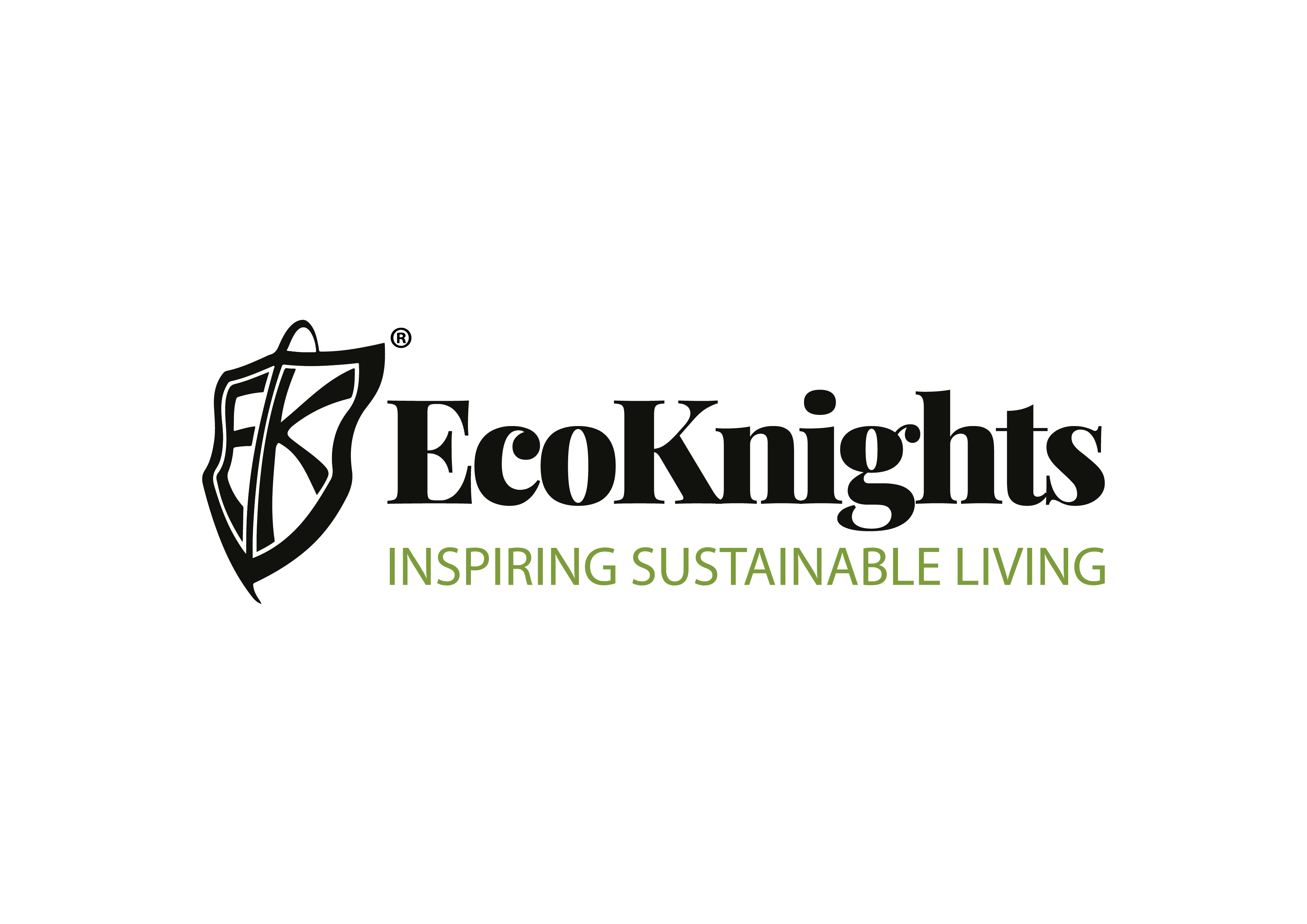COVID-19: A Mixed Blessing for Sustainability
- EcoKnights
- March 29, 2020
- 10:33 pm
Written by: Mark Rao
The coronavirus (COVID-19) outbreak brought the wheels of the global marketplace to a screeching halt, with major industries and trade flows suspended while stock markets worldwide crashed to multi-year lows.
But amid this seeming chaos, our natural environment has made a nascent but notable recovery – revealing just how immense our carbon footprint has grown as a globe.
Strict quarantine and lockdown measures in China resulted in pollution readings hitting a six-year low in many cities and an estimated 100 million metric ton reduction in carbon dioxide (CO2) emissions nationwide (Nikkei Asian Review, 2020; Time, 2020).
In Europe, the European Environment Agency (EEA) confirmed large decreases in air pollutant concentrations due to the drastic drop in traffic and other activities as the continent takes strict measures to contain the spread of COVID-19 (EEA, 2020).
Reduced traffic, lower energy demand and the drop in industrial output will inevitably result in a drastic drop in CO2 emissions globally – a relief considering that total emissions worldwide came in at an alarming 33.89 billion metric tons back in 2018 (BP Statistical Review of World Energy, 2019).
The drop in CO2 emissions, however, is coming at the expense of economic growth, potentially compromising long-term efforts to transition into a sustainable energy future.
International Energy Agency (IEA) Executive Director Fatih Birol warned that the economic fallout from the COVID-19 outbreak could undermine investments in clean energy (The Guardian, 2020).
“There is nothing to celebrate in a likely decline in emissions driven by economic crisis because in the absence of the right policies and structural measures this decline will not be sustainable,” he was quoted as saying in a recent article by The Guardian.
Transitioning into a renewable energy future is imperative in addressing immediate and long-term climate change issues, but this is only possible if such a transition is economically viable.
According to the Malaysian Institute of Economic Research, Malaysia’s real gross domestic product (GDP) is estimated to contract by 2.9% this year following the extension of the movement control order to curb the spread of COVID-19 (The Star Online, 2020; The Edge Financial Daily, 2020).
This could result in approximately 2.4 million in job losses for the country – a worrying prospect for any nation. Thus, the moment that governments around the world can restart their economies, they will.
Rapid development and meeting energy demand for an ever-rising global population will continue to take precedent in national agendas, even if it means relying on high carbon producers and waste-intensive industries.
But the outbreak of COVID-19 and the resultant economic slowdown is a wake-up call for the world by showing us what can be achieved if a serious and concerted effort is taken to address climate change.
Forum for the Future chief executive Sally Uren wrote that our response to COVID-19 could serve as a dress rehearsal for the climate emergency we are facing today.
She wrote that the outbreak could act as a catalyst to push for financial reform and create a more flexible system that would be better equipped in addressing situations like COVID-19, while simultaneously opening up opportunities to invest in renewable energy.
Among others, the outbreak could also see the shifting of societal norms to more sustainable practices such as remote working and limiting travel, she added (Forum for the Future, 2020).
Thus, the window of opportunity to transition into a sustainable future is there for the taking. The question now is who is willing to seize it.
—
The information referred to in the article is up-to-date as of 26 March 2020.
Share this content






